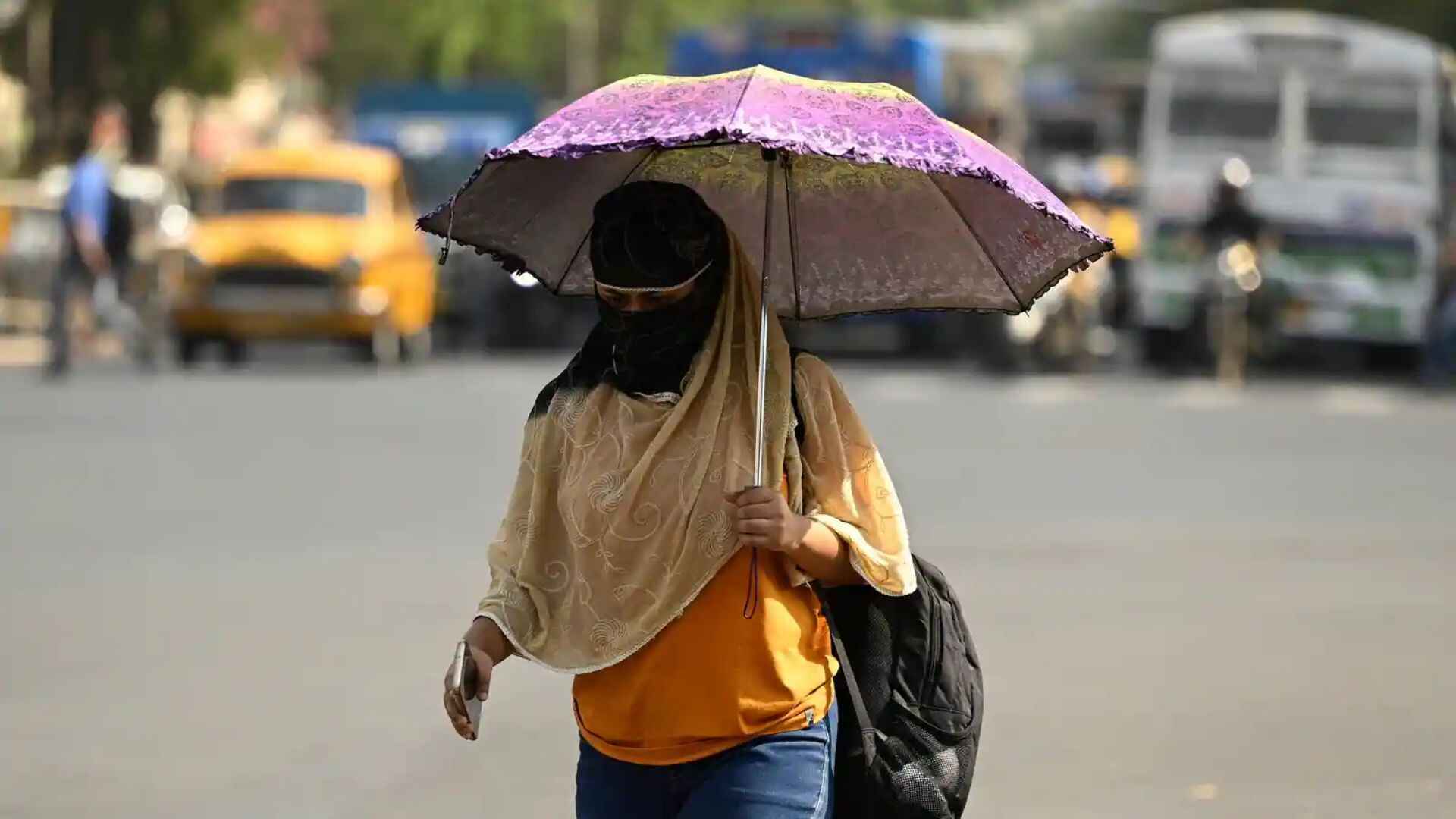The India Meteorological Department (IMD) issued a “yellow” notice for Saturday on Wednesday, stating that there may be a 45 degree daytime temperature and that heatwave conditions were likely in several areas.
The Met department defines a heatwave day when the maximum is 45 degrees and more above normal temperature and the maximum is at least 40 degrees Celsius.
IMD’s data shows that the heatwaves in Delhi are mostly recorded from the third week of April till the first 10 days of June.
“Dry and hot westerly or north-westerly winds are blowing in the city. As no western disturbance is predicted to impact the region for the next few days, rain is unlikely in the city. Clear skies and lack of moisture are likely to cause mercury to rise in the city in the next few days,” said a Met official.
On Wednesday, the maximum temperature was recorded at 41.2 degrees Celsius, two degrees above normal, at Safdarjung, the city’s base station.
Najafgarh was the warmest station, with the mercury rising to 43.8 degrees Celsius. The minimum temperature was recorded at 22.9 degrees Celsius, three notches below normal.
According to data from the Met department, the maximum recorded daytime temperature this year at any weather station was 44 degrees Celsius on May 5 at the Sports Complex station near Akshardham.
“The maximum temperature is likely to stay around 42 and 44 degrees Celsius on Thursday and Friday, respectively. It is likely to touch 45 degrees Celsius on Saturday, leading to heatwave conditions. A few stations in outer Delhi may see mercury surpassing 45 degrees Celsius by one to two degrees,” said a met official.
The Commission for Air Quality Management (CAQM), which reviewed the air quality, said, “Wind direction and speeds are rapidly changing due to high convection rates and absolute dry conditions, coupled with high temperatures, leading to continued suspension of dust over NCR. It was deliberated that higher instances of agricultural residue burning in and around NCR areas and the forest fires in nearby states could also be having an impact on the overall air quality of Delhi-NCR.”
Deciding not to implement GRAP’s stage I, CAQM directed agencies to intensify dust abatement measures at hotspots, C&D sites and road construction or maintenance projects.
“Keep a close watch on fire instances and open burning of municipal solid waste in and around NCR, and ensure all preventive measures. Flying squads of CPCB to also intensify inspections for appropriate action against sites flouting the norms,” said CAQM.
Safdarjung did not have a heatwave in the summer of 2023. On the other hand, a heatwave lasted three to five days in other areas. The longest heatwave stretch occurred in 2022, spanning nine days in April and four days in May. With an AQI of 243, Delhi’s air quality remained in the “poor” category for a third day in a row. It’s likely that the low quality of the air will persist for a few days.







